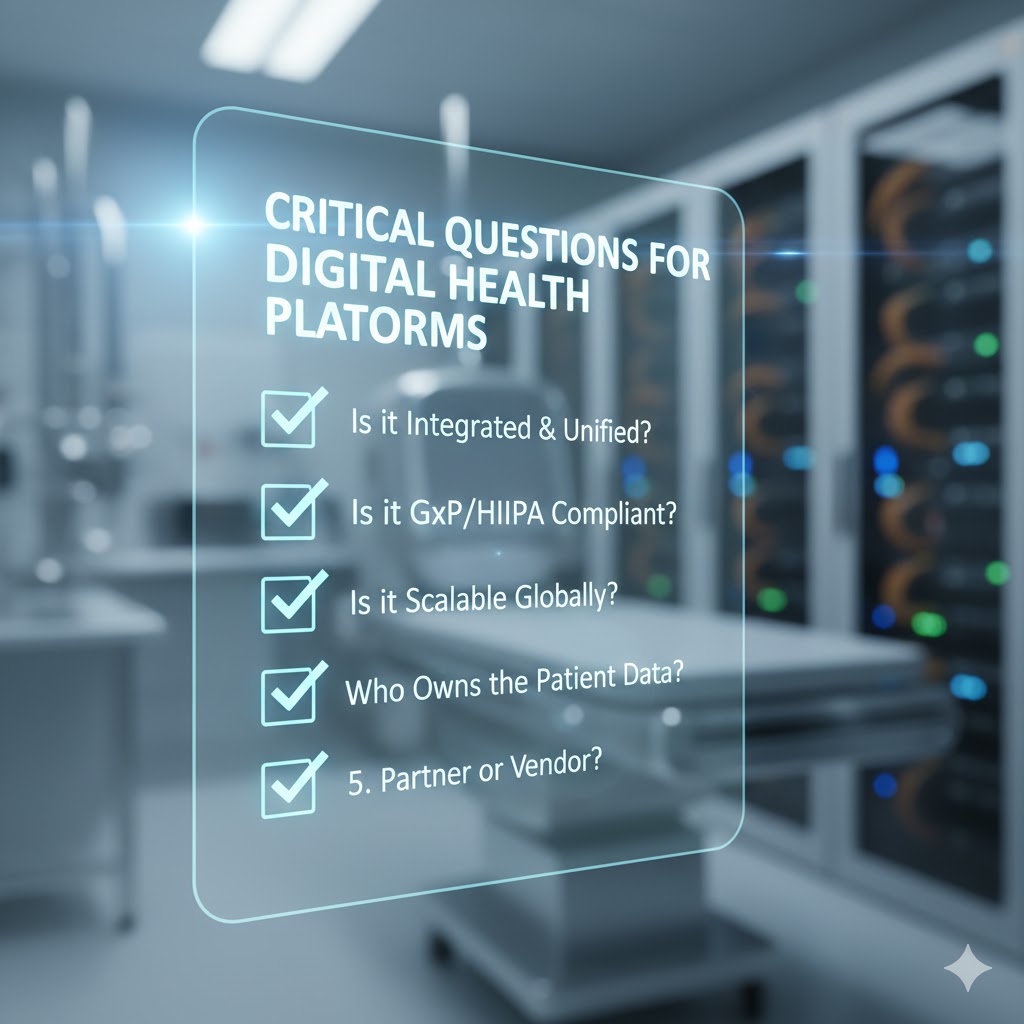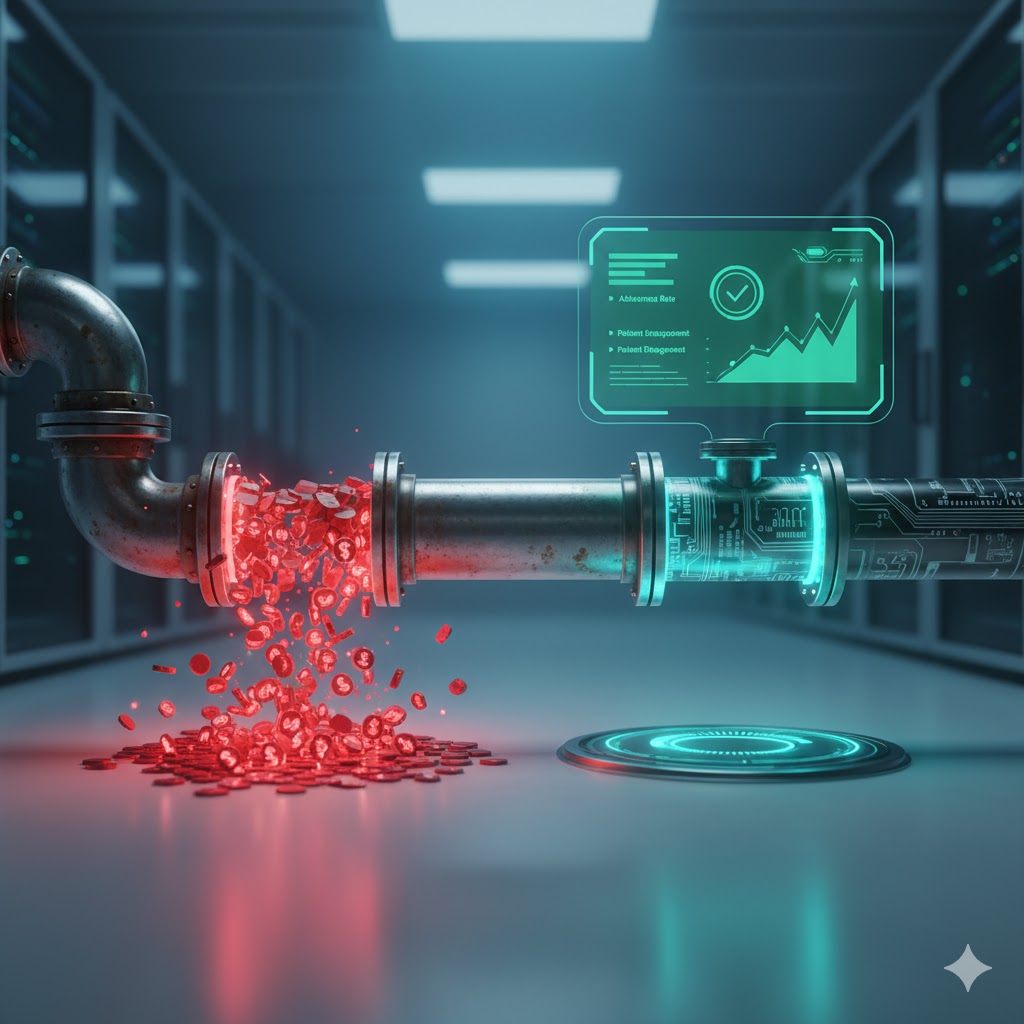How AI is Transforming Medical Diagnostics
In the last decade, Artificial Intelligence, fondly, popularly, and abbreviating-ly known as “AI,” has played a gigantic part in the paradigm of education, finance, business, technology, medicine, healthcare, wellness, and more. It has not only made tasks easier but also brought forward new ideas, fostered creativity, and made new innovations and propositions possible. AI has also teamed up with ML (Machine Learning) and IoT (Internet of Things) to make administrative and routine tasks more efficient, faster, and way less tedious for humans. It also promises a higher level of accuracy and cost-efficiency that was not achievable before its conception.
While AI is a popular choice for many in most industries, lets talk about how AI has changed the face of medical diagnostics. More and more technologies are being introduced into the research, analysis, and diagnosis domain since they can perform conventional tasks efficiently and provide improved diagnostics with impressive accuracy and speed. Another reason why AI is being applauded and preferred in the medical diagnostics domain is that (teamed with ML) it can analyze reams of patient and medical data, identify patterns and abnormalities, and share them across institutions, ensure patient engagement, and improve patient outcomes.
Basically, almost one-fifth of the healthcare industry has already adopted AI models for their healthcare solutions, and around 90% of hospitals will use AI-powered technology for early diagnosis and remote patient monitoring by 2025. However, this is just the tip of the iceberg regarding the role of AI in medical diagnostics and healthcare. So, let's delve deep and talk about its significance, challenges, and the future of AI for the healthcare industry.
AI and Medical Diagnostics: Significance
Artificial Intelligence (AI) has transformed the healthcare sector's approach to addressing global health challenges, ranging from disease diagnosis to tailored treatments. As a result, the global AI market in the healthcare sector is projected to reach $45.2 billion by 2026 and $188 billion by 2030, increasing at a CAGR of 37% from 2022 to 2030.
By incorporating Artificial Intelligence into diagnostics, tests can be automated, ensuring precision and speed, reducing wait times, and eliminating human errors to a huge extent.
What are the key uses of AI in diagnostics that are rapidly increasing its popularity? Let’s check out the primary areas where AI is providing explicable results:
1. Disease Prediction
According to a report from the American Cancer Society, a significant number of mammograms produce inaccurate results, resulting in one out of every two healthy women being mistakenly informed they have cancer. However, leveraging AI offers a solution, allowing for the precise evaluation and interpretation of mammograms with 99% accuracy and 30 times faster speed. This advancement effectively eliminates the need for unnecessary biopsies, promising a more efficient and reliable screening process.
Numerous healthcare professionals have achieved precision in their diagnoses by analyzing extensive datasets. How so? The use of AI to enhance the accuracy of disease detection, particularly in early stages like cancer, makes such diagnostics accurately possible.
Integrating intelligent data mining methods with AI-based technologies furnishes valuable insights and discernible patterns, enabling healthcare professionals to effectively combat various diseases through early detection strategies.
2. Medical Imaging and Diagnostics
Medical imaging is an essential part of medical diagnostics and clinical analysis. It involves techniques like X-rays, Mammography, Ultrasonography, and more. Over 90% of medical data is derived from medical imaging technologies. For instance, in the field of Radiation Oncology, AI has been effectively utilized for automatic tumor and organ segmentation, as well as tumor monitoring during treatment to enable adaptive treatment. Additionally, researchers are now integrating AI in radiology to identify findings that are not detectable by the human eye.
Another successful implementation of AI includes Ardila’s deep learning algorithm which was designed to utilize both current and prior CT volumes of a patient to forecast the risk of lung cancer. The model exhibited exceptional performance, achieving a state-of-the-art accuracy rate of 94.4% area under the curve when tested on 6,716 cases from the national lung cancer screening trial. Additionally, its performance remained consistent when validated on an independent clinical set of 1,139 cases.
With medical imaging playing such a significant role, the addition of AI has only increased its application- altogether making it an essential diagnostic tool.
Challenges of Implementing AI
Despite the impressive advances in medicine, effectively diagnosing diseases remains a significant challenge on a global scale. Developing early diagnostic tools is an ongoing struggle due to the complexity of disease mechanisms and their underlying symptoms. Artificial Intelligence (AI) holds promise in revolutionizing various aspects of healthcare, including diagnosis. Machine Learning (ML), a subset of AI, relies heavily on data and its accuracy depends greatly on the quantity and quality of the data available. ML can help with decision-making, streamline workflow management, and automate tasks in a manner that is both timely and cost-effective.
The utilization of AI in medical diagnosis is still in its nascent stages. However, increasing data availability is facilitating its application in diagnosing various diseases, including cancer. A recent study conducted in the UK exemplifies this trend, where researchers employed a large dataset of mammograms to train an AI system for breast cancer diagnosis. The findings of this study revealed a significant improvement, with an absolute reduction in false positives by 5.7% and false negatives by 9.4% when utilizing the AI system to interpret mammograms.
Artificial Intelligence: The Future of Healthcare
AI-driven chatbots can interact with patients, comprehend their symptoms, and recommend optimal courses of action. Facial recognition software is employed to identify rare diseases by detecting specific facial features associated with them.
Deep learning algorithms have the ability to scrutinize oncology reports and detect cancerous tissues at an early stage. Integrating AI algorithms with manual microscopic examination by pathologists can potentially enhance the speed and accuracy of diagnosis.
To conclude, AI tools offer the potential to enhance accuracy, lower costs, and streamline processes compared to traditional diagnostic methods. Moreover, AI holds the promise of minimizing the likelihood of human errors while delivering quicker and more precise results.
Looking ahead, AI technology could play a pivotal role in supporting medical decision-making by furnishing clinicians with real-time assistance and valuable insights. Researchers are actively exploring diverse avenues to integrate AI into medical diagnosis and treatment, including analyzing medical images such as X-rays, CT scans, and MRIs.
By harnessing Machine Learning (ML) techniques, AI can facilitate the identification of abnormalities, the detection of fractures, tumors, and other medical conditions, as well as furnish quantitative measurements, thereby expediting and refining the diagnostic process.
Besides, as per a report by Morgan Stanley, biotechnology companies are integrating AI and machine learning into drug development, with the potential to introduce numerous new medicines and establish a market worth $50 billion in the next decade. Ultimately, this advancement promises a transformative experience for medical professionals and patients grappling with difficult-to-treat diseases.
Conclusion
AI is playing a significant role in the field of medical diagnostics. It has not only changed the way people process the enormous amount of medical data but also has optimized it in a fruitful way that benefits the patient's treatment, outcome, and cure. That said, there are still quite a few challenges that AI has to surpass before it can actually leave a delible impact clinical practices across the world.
Mahalo Health is a digital healthcare platform focused on providing personalized and accessible medical services to individuals. Through its user-friendly interface and advanced technology, Mahalo Health aims to revolutionize the healthcare experience by offering virtual consultations, remote monitoring, and personalized treatment plans. The platform integrates telemedicine, artificial intelligence, and data analytics to optimize patient care and improve health outcomes. With a mission to empower patients and healthcare providers alike, Mahalo Health strives to bridge the gap between traditional healthcare and modern digital solutions. By prioritizing convenience, efficiency, and quality of care, Mahalo Health is shaping the future of healthcare delivery. Contact us for a demo today!





